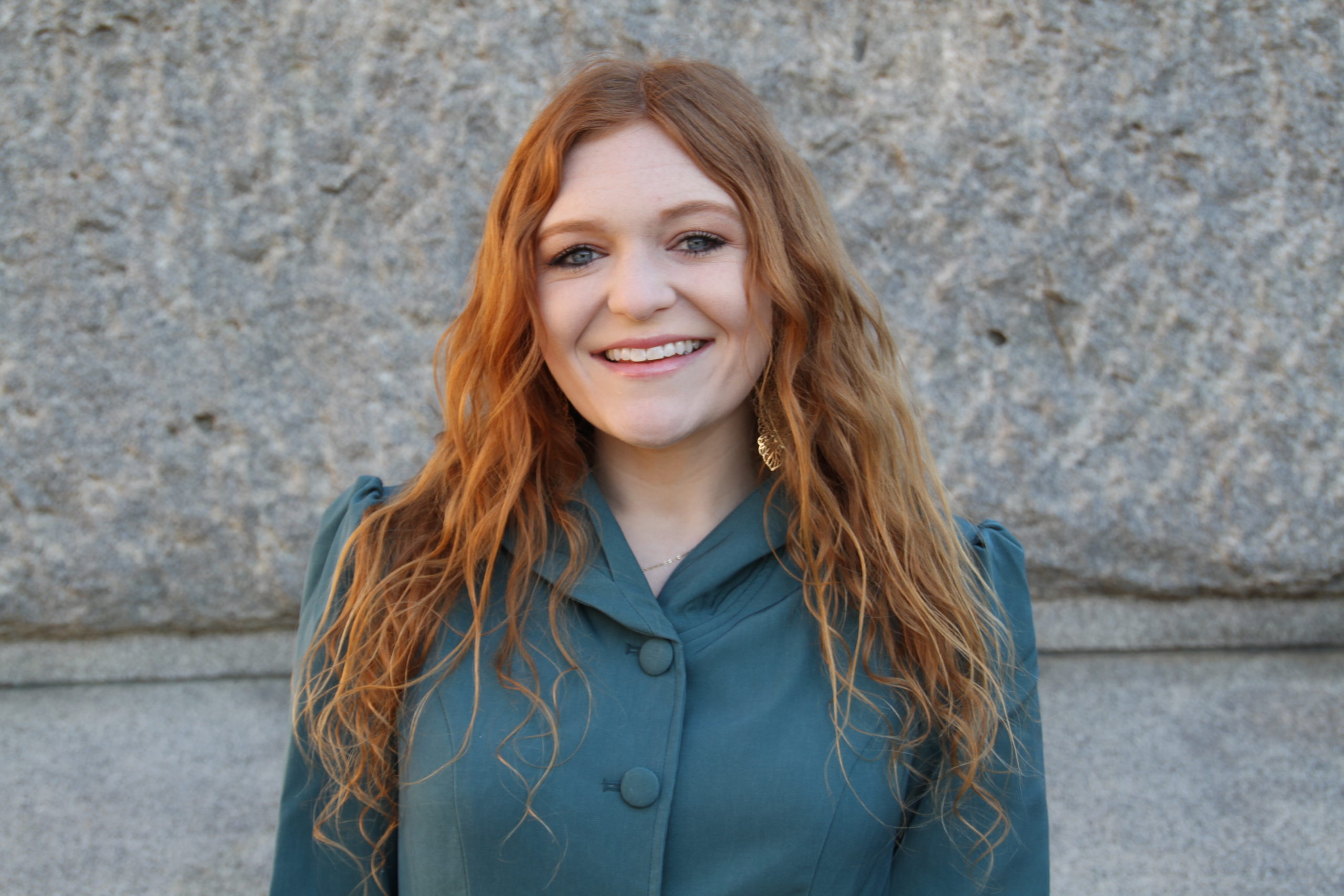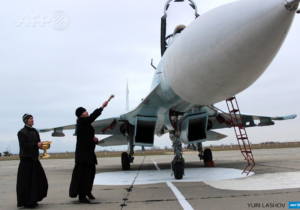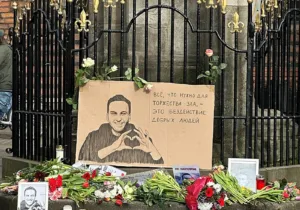Russia’s play for influence in Central Asia is a wake-up call to the free world.
Meet someone from Kazakhstan, and you will learn at least one of three things within five minutes of meeting: Kazakhstan is proudly home to over 130 nationalities; the population values peace and harmony; and gosteprimnost, or hospitality, is a central cultural tenet. Kazakhs took to the streets calling for reform on this basis starting January 2. The situation has quickly unfurled, playing into the hands of the powerful Vladimir Putin and to the chagrin of the once-moderate Kazakh president, Kassym-Jomart Tokayev.
By the evening of January 5, all hope for immediate liberal reform was lost when President Tokayev called a late press conference and declared protests the “acts of foreign-trained terrorists.” Tokayev requested military assistance from the Collective Security Treaty Organization (CSTO), the Moscow-led security organization comprised of Russia, Armenia, Belarus, Kazakhstan, Kyrgyzstan, and Tajikistan.
Like so many Moscow-led initiatives, CSTO’s Article 4 mirrors NATO’s Article 5, known colloquially as “an attack on one is an attack on all.” Article 4 necessitates supplying aid, including military, at the request of another member state. In declaring the protests “foreign aggression,” Tokayev became the first member to ever invoke Article 4 successfully.
Tokayev’s description of the protests does not pass even the most basic muster. The protests started over surging fuel prices but quickly evolved into an expression of the Kazakh population’s disaffection with the country’s kleptocratic elite, hardly a display of terror.
When massive police units initially patrolled the streets of the Kazakh city of Almaty, witnesses described gangs of young, aggressive men arriving from the outskirts of the city looting, vandalizing, and smashing the windows of the city’s treasured cafes. No police force was present.
By January 6, Russian troops, termed “peacekeepers” by Tokayev, arrived—less than a day after Tokayev’s request. Multiple CSTO member states will also deploy peacekeepers, but the Russians were the first in—and doubtless will be the last out. While authorities orchestrated an all-day internet blackout the same day Russian soldiers arrived, the little video footage coming from Almaty shows these supposed “peacekeepers” shooting at undisclosed targets along the desolate streets.
Meanwhile, Tokayev appears to be prioritizing making internal arrangements, ridding his government of holdovers from Nursultan Nazarbayev’s presidency (and Nazarbayev himself), and replacing them with his allies. But this strife no longer starts and ends with Kazakhstanis. Putin’s men are now in.
While Kazakhstan has long maintained its “multi-vector” foreign policy, the Kremlin wishes to maintain security dominance in Central Asia. This is especially important as China continues to make inroads in the country, investing millions in Kazakhstan throughout the past decade. China seems at peace with this arrangement—Moscow handles security and Beijing controls the economic realm—as officials remain tight-lipped on their neighbor’s unrest, save for a Friday Xi Jinping statement calling the events a “color revolution”—a favorite Kremlin line.
Many questions remain, but perhaps most important is anatomizing Tokayev’s conduct. Did he call on the CSTO to buy time as he purges his government? Then there is the matter of Russian ambitions. Kremlin talking heads are already calling for a “Union State” with Kazakhstan, an initiative they have long pursued with Belarus. But neither Nazarbayev nor Tokayev has the same reputation as Belarus’s Alexander Lukashenko when it comes to political repression of their people. This makes it all the more concerning that the country is ceding part of its sovereignty.
These protests started like so many others in the past three decades throughout the post-Soviet space: a call for a reformed government that respects human dignity and prevents an elite from stealing wealth from the masses—an especially salient cause in resource-rich Kazakhstan. By inviting Putin to his streets, Tokayev is taking the agency away from his citizens and turning his country into a geopolitical chess piece on Moscow’s chessboard. Their dues could come in a number of forms: access to Kazakhstan’s oil or minerals, a symbolic recognition of Crimea, or even entertaining the “Union State” venture.
This year was supposed to start differently for Putin. As he amassed tens of thousands of troops along the Ukrainian border, he was once again the focus of the free world. Now, his men head south as Russia acts on Article 4 of the CSTO for the first time.
Though developments are ongoing, any Russian occupation or aggression toward its reform-seeking neighbors is alarming. Kazakhstan is a sovereign nation, is a valued US partner, and has a crucial geostrategic position. That this transpired in the matter of just a few days should horrify—and serve as a wake-up call to—the free world.






